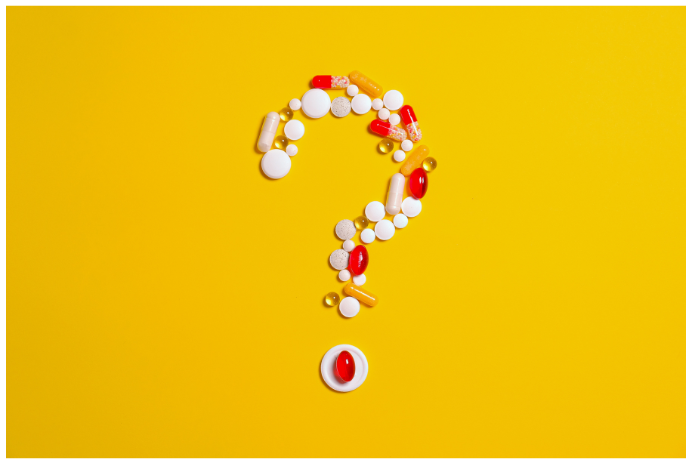A Bitter Pill: Why Most Of Us Don’t Need Vitamins Or Supplements
June 29, 2022

While we’ve previously described both the pros and cons of supplementing your nutritional intake with various vitamins and supplements, the United States Preventive Services Task Force recently released a systematic review and set of recommendations regarding the use of multivitamins that should have all of us sitting up and taking notice. Publishing its findings in JAMA Network, this task force was specifically looking at the effectiveness of taking multivitamins to help protect against cancer and cardiovascular disease in healthy Americans. Their findings? “Vitamin and mineral supplementation was associated with little or no benefit (emphasis added) in preventing cancer, cardiovascular disease, and death.” Moreover, they declared that there was insufficient evidence to support the use of vitamins and supplements in healthy people hoping to cut their risk of these diseases, but they also further warned that certain supplements (such as beta-carotene) may even be harmful. As we’ve previously discussed in agebuzz, professional experts recommend that you mainly derive your vitamins and nutrients from foods rather than pills or other supplements. In fact, in an accompanying editorial to the task force recommendations, several experts said eating whole fruits and vegetables does offer some disease-fighting protection, probably due to the interaction of vitamins with other ingredients in these foods such as fiber, phytochemicals, and other compounds. Apparently, isolating out just the vitamins and putting them in pills is not the equivalent of actually eating these foods whole. For more on this study, start putting together your salad and click here.
It’s important to note that for some older adults, there are legitimate vitamin deficiencies that may require vitamin supplementation (see our article on various Vitamin B deficiencies, for example.) In fact, the National Institute on Aging urges older adults to discuss possible supplementation of certain nutrients with their physicians (with appropriate warnings about food versus pills and potential side effects). Your physician can run simple blood tests to reveal if you’re in need of specific nutrient supplementation, but if you do so without accurate information about your individual needs, you may needlessly put yourself at risk. In fact, during the pandemic, there are reports that significant numbers of adults increased their level of vitamin supplementation in the hope of better supporting their wellness and immune system. But to undertake the decision to take vitamins or supplements without professional guidance puts you at risk of such side effects as headaches, dizziness, nausea, and possibly much worse. In fact, according to Dr. C. Michael White, a Professor of Pharmacy at the University of Connecticut, many dietary supplements contain prescription medications which could put you at significant risk if you were unaware of ingesting these drugs, or at risk if they interacted with other drugs you already take.
And in case you think sticking to natural “herbs” is the way to safely up your nutrient intake, think again. Herbal supplements can also be dangerous, especially if they are mixed with other ingredients or you are unaware of dangerous dose levels. Again, it’s best to discuss and disclose to your health care providers what you are taking, at what dosage, and for what reasons. It’s imperative that you understand your unique needs and vulnerabilities, and it’s especially important that a medical expert who understands your particular situation, and the potential risks you face from what you ingest, be an essential part of your decision-making process. If your doctor doesn’t ask, you need to take the initiative to discuss what you’re taking. The risks are simply too high not to, and there may be other, safer ways to achieve whatever health aims you have.







